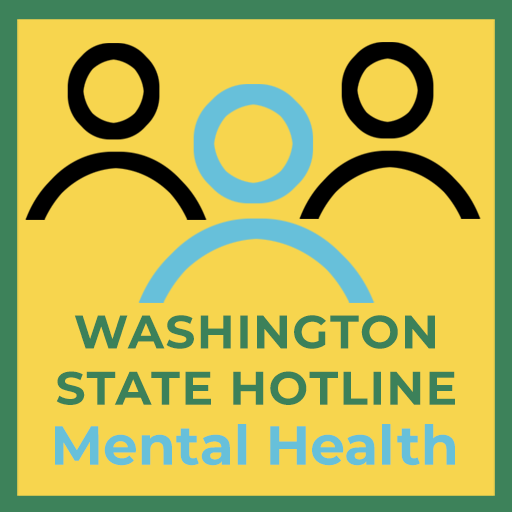Grant County WA Mental Health Hotline
Grant County Washington Helpline for Mental Health
Grant County, WA Mental Health Statistics
In Grant County, Washington, mental health statistics play a crucial role in understanding the state of mental well-being within the community. By analyzing and interpreting these statistics, we can gain valuable insights into the prevalence and impact of mental health issues in this region.
Grant County, located in Washington state, is home to a diverse population facing various challenges related to mental health. Understanding the statistics surrounding mental health in this area is essential for policymakers, healthcare professionals, and community organizations to develop effective strategies and allocate resources appropriately.
By examining key indicators such as rates of depression, anxiety disorders, substance abuse, and suicide rates within Grant County, we can identify trends and patterns that help us better understand the specific needs of this community. These statistics provide a foundation for evidence-based decision-making when it comes to developing targeted interventions, prevention programs, and support services.
Grant County Washington State Mental Health Data & Resources
Grant County, WA Mental Health Hotline

Feeling overwhelmed?
Speak with someone now, Call…
Grant County, WA Mental Health Resources

Grant County Washington Department of Mental Health
Grant County Washington Department of Mental Health We believe all people have value, potential, and something to contribute. We care, teach, and advocate without shame or stigma. Grant County is rural and located in the center of Washington State. It is an agricultural and technology-driven economy with a desert topography and limited resources. It is home to a total of 101,321 residents and covers a total area of 2,791 square miles (7,228.7 km2) (2020 Grant County Trends EDC). To cover this service area, Renew has six offices spread out throughout the County. The offices are in Moses Lake, Quincy, Grand Coulee, Royal City, Mattawa, and Ephrata
NAMI Grant County WA
NAMI North Central Washington Grant County NAMI (or the National Alliance on Mental Illness) is a national non-profit organization with state and local affiliates in Washington State. NAMI Chelan/Douglas provides mental health support, education, and advocacy for the greater Wenatchee Valley area through online and in-person support group meetings as well as multi-session educational courses on mental illness.